
The Uncensored Oral History of Punk
 Please Kill Me
Please Kill Me
Legs McNeil and Gillian McCain

Grove Press
New York

Richard Lloyd. Photographer Unknown
Copyright 1996 by Legs McNeil and Gillian McCain
All rights reserved. No part of this book may be reproduced in any form or by any electronic or mechanical means, including information storage and retrieval systems, without permission in writing from the publisher, except by a reviewer, who may quote brief passages in a review. Scanning, uploading, and electronic distribution of this book or the facilitation of such without the permission of the publisher is prohibited. Please purchase only authorized electronic editions, and do not participate in or encourage electronic piracy of copyrighted materials. Your support of the authors rights is appreciated. Any member of educational institutions wishing to photocopy part or all of the work for classroom use, or anthology, should send inquiries to Grove/Atlantic, Inc., 154 West 14th Street, New York, NY 10011 or .
The interviews contained herein have been edited for clarity.
Hell Have to Go, words and music by Joe Allison and Audrey Allison 1959 (renewed 1987). Beechwood Music Corp. All rights reserved. International Copyright Secured. Used by permission.
Published simultaneously in Canada
Printed in the United States of America
Library of Congress Cataloging-in-Publication Data
McNeil, Legs.
Please kill me: the uncensored oral history of punk / by Legs McNeil and Gillian McCain
p. cm.
eISBN-13: 978-0-8021-9276-9
1. Punk rock musicUnited StatesHistory and criticism. 2. Punk cultureUnited States. 3. Rock musiciansUnited StatesInterviews. I. McCain, Gillian. II. Title.
ML3534.M46 1996
781.66dc20
95-49841
Cover photograph courtesy of Danny Fields
Design by Laura Hammond Hough
Cover Design by Charles Rue Woods
Grove Press
an imprint of Grove/Atlantic, Inc.
154 West 14th Street
New York, NY 10011
Distributed by Publishers Group West
www.groveatlantic.com
www.pleasekillme.com
From the Publisher: Thank you for purchasing this eBook. Please note that this eBook edition incorporates editorial changes made by the authors and may differ from older versions of the print edition. We hope you enjoy this book.
And for his gorgeous taste in music, his generous intellect, and his killer sense of humor, this book is dedicated to Danny Fields, forever the coolest guy in the room.
And to Arturo Vegathe most optimistic, jubilant, and fun pal anyone could wish for. See you real soon!
Them that diell be the lucky ones.
Long John Silver, Treasure Island
Authors Note
The overwhelming majority of the material in Please Kill Me is the result of hundreds of original interviews conducted by the authors. In some cases, interviews and text were excerpted from other sources, including anthologies, magazines, journals, published and unpublished interviews, and other books. A list of these sources and the pages they correspond to in this text appears on page 451. We wish to acknowledge the contributions of these authors and publishers, who have enriched the content of our book.
Contents
 Please Kill Me
Please Kill Me
Prologue
 All Tomorrows Parties
All Tomorrows Parties
19651968
L OU R EED : All by myself. No one to talk to. Come over here so I can talk to you...
We were playing together a long time ago, in a thirty-dollar-a-month apartment and we really didnt have any money, and we used to eat oatmeal all day and all night and give blood, among other things, or pose for these nickel or fifteen-cent tabloids they had every week. And when I posed for them, my picture came out and it said I was a sex maniac killer that had killed fourteen children and tape-recorded it and played it in a barn in Kansas at midnight. And when John Cales picture came out in the paper, it said he killed his lover because his lover was going to marry his sister, and he didnt want his sister to marry a fag.
S TERLING M ORRISON : Lou Reeds parents hated the fact that Lou was making music and hanging around with undesirables. I was always afraid of Lous parentsthe only dealings Id had with them was that there was this constant threat of them seizing Lou and having him thrown in the nuthouse. That was always over our heads. Every time Lou got hepatitis his parents were waiting to seize him and lock him up.
J OHN C ALE : Thats where all Lous best work came from. His mother was some sort of ex-beauty queen and I think his father was a wealthy accountant. Anyway, they put him in a hospital where he received shock treatment as a kid. Apparently he was at Syracuse University and was given this compulsory choice to either do gym or the Reserve Officers Training Corps. He claimed he couldnt do gym because hed break his neck and when he did ROTC he threatened to kill the instructor. Then he put his fist through a window or something, and so he was put in a mental hospital. I dont know the full story. Every time Lou told me about it hed change it slightly.
L OU R EED : They put the thing down your throat so you dont swallow your tongue, and they put electrodes on your head. Thats what was recommended in Rockland County then to discourage homosexual feelings. The effect is that you lose your memory and become a vegetable. You cant read a book because you get to page seventeen and have to go right back to page one again.
J OHN C ALE : By 1965 Lou Reed had already written Heroin and Waiting for the Man. I first met Lou at a party and he played his songs with an acoustic guitar, so I really didnt pay any attention because I couldnt give a shit about folk music. I hated Joan Baez and Dylanevery song was a fucking question! But Lou kept shoving these lyrics in front of me. I read them, and they werent what Joan Baez and all those other people were singing.
At the time, I was playing with La Monte Young in the Dream Syndicate and the concept of the group was to sustain notes for two hours at a time.
B ILLY N AME : La Monte Young was the best drug connection in New York. He had the best drugsthe best! Great big acid pills, and opium, and grass too.
When you went over to La Monte and Marians place, you were there for a minimum of seven hoursprobably end up to be two or three days. It was a very Turkish type scene. It was a pad with everything on the floor and beads and great hashish and street people coming and scoringand this droning music going on.
La Monte had this whole thing where he would do a performance that would go on for days and he would have people droning with him. Droning is holding a single note for a whole long time. People would just come in and then be assigned to drone. Thats when John Cale was around.
L A M ONTE Y OUNG : I wasso to speakthe darling of the avant-garde. Yoko Ono was always saying to me, If only I could be as famous as you.
So I had an affair with Yoko and did a music series at her loft, and I put a warning on the very first flyer: THE PURPOSE OF THIS SERIES IS NOT ENTERTAINMENT . I was one of the first people to destroy an instrument onstage. I burned a violin at the YMHA, and people were shouting things like Burn the composer!
Next page
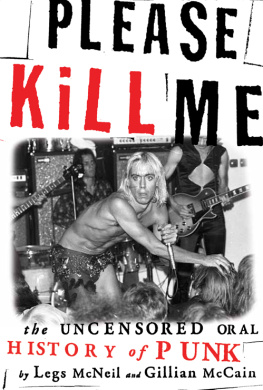


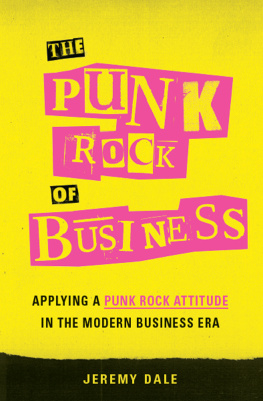
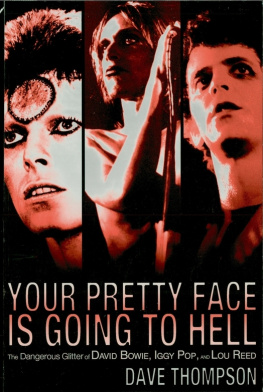
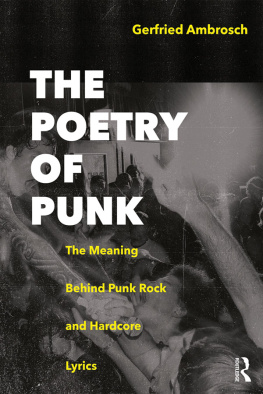
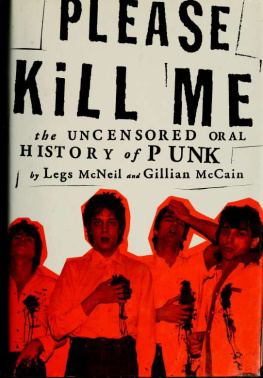
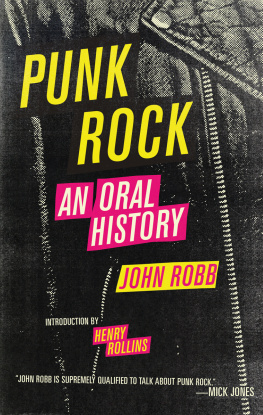

 Please Kill Me
Please Kill Me
